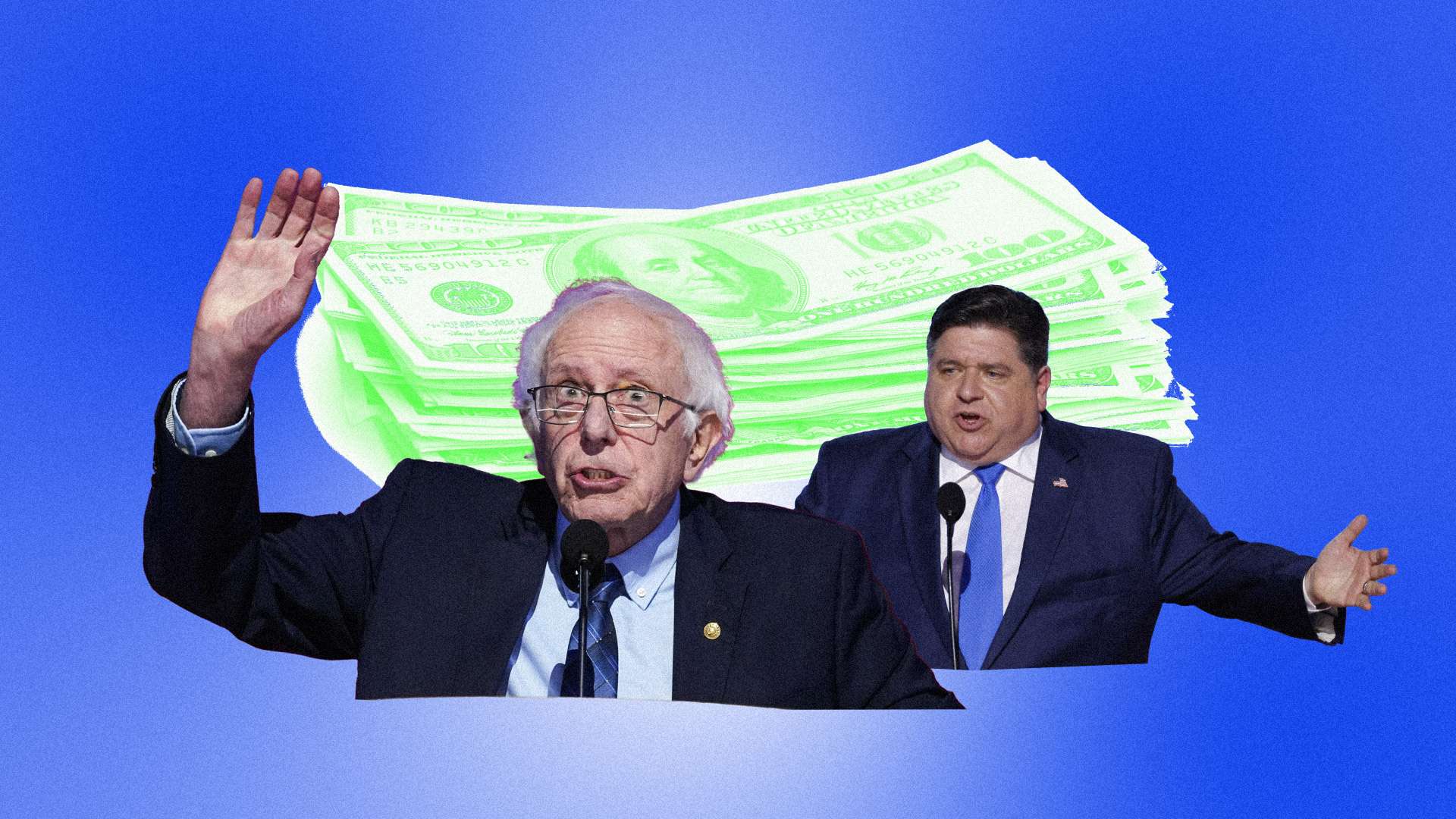The second night of the 2024 Democratic National Convention (DNC) featured speakers such as former President Barack Obama, former First Lady Michelle Obama, and Second Gentleman Doug Emhoff. However, a rift within the party was evident as two speakers earlier in the evening highlighted contrasting views.
Senator Bernie Sanders (I-Vt.) addressed the audience, emphasizing the impact of trillions of dollars spent during the COVID-19 pandemic and advocating for policies left of President Joe Biden and Vice President Kamala Harris. Sanders called for the removal of big money from politics, stating that billionaires should not influence elections.
Following Sanders, Illinois Governor J.B. Pritzker, a billionaire, criticized former President Donald Trump’s wealth, asserting that true wealth lies in intellect rather than riches. This juxtaposition prompted cheers from the audience, showcasing the party’s conflicting views on billionaires.
The debate surrounding billionaires and their influence on politics is further fueled by examples like Pritzker, who has spent millions on his political campaigns. Other wealthy Democrats like Tom Steyer and Michael Bloomberg have also poured substantial amounts of money into elections with varying degrees of success.
While some Democrats, including Representative Alexandria Ocasio-Cortez and Senators Sanders and Elizabeth Warren, have proposed wealth taxes and criticized the existence of billionaires, there seems to be a shift within the party. Ocasio-Cortez’s recent speech at the DNC focused on a more inclusive approach, signaling a departure from traditional billionaire-bashing rhetoric.
The conflicting views on billionaires within the Democratic Party raise questions about the party’s stance on wealth and its role in politics. Should billionaires be demonized as symbols of societal immorality, or should the party seek to reconcile differences and unite for common goals?
Please rewrite this sentence.
Source link




